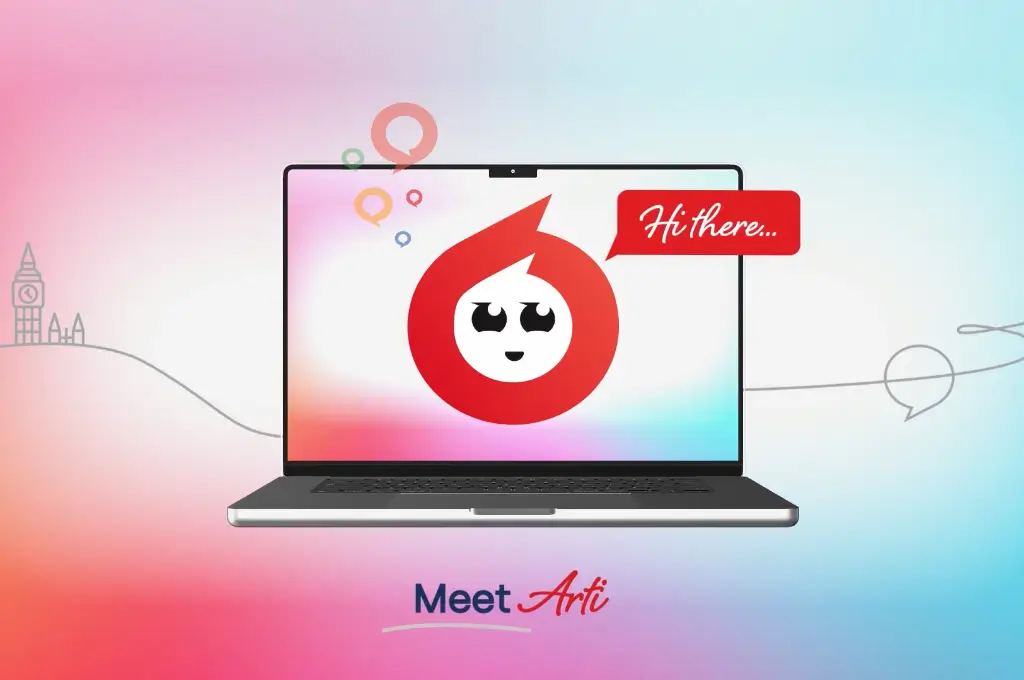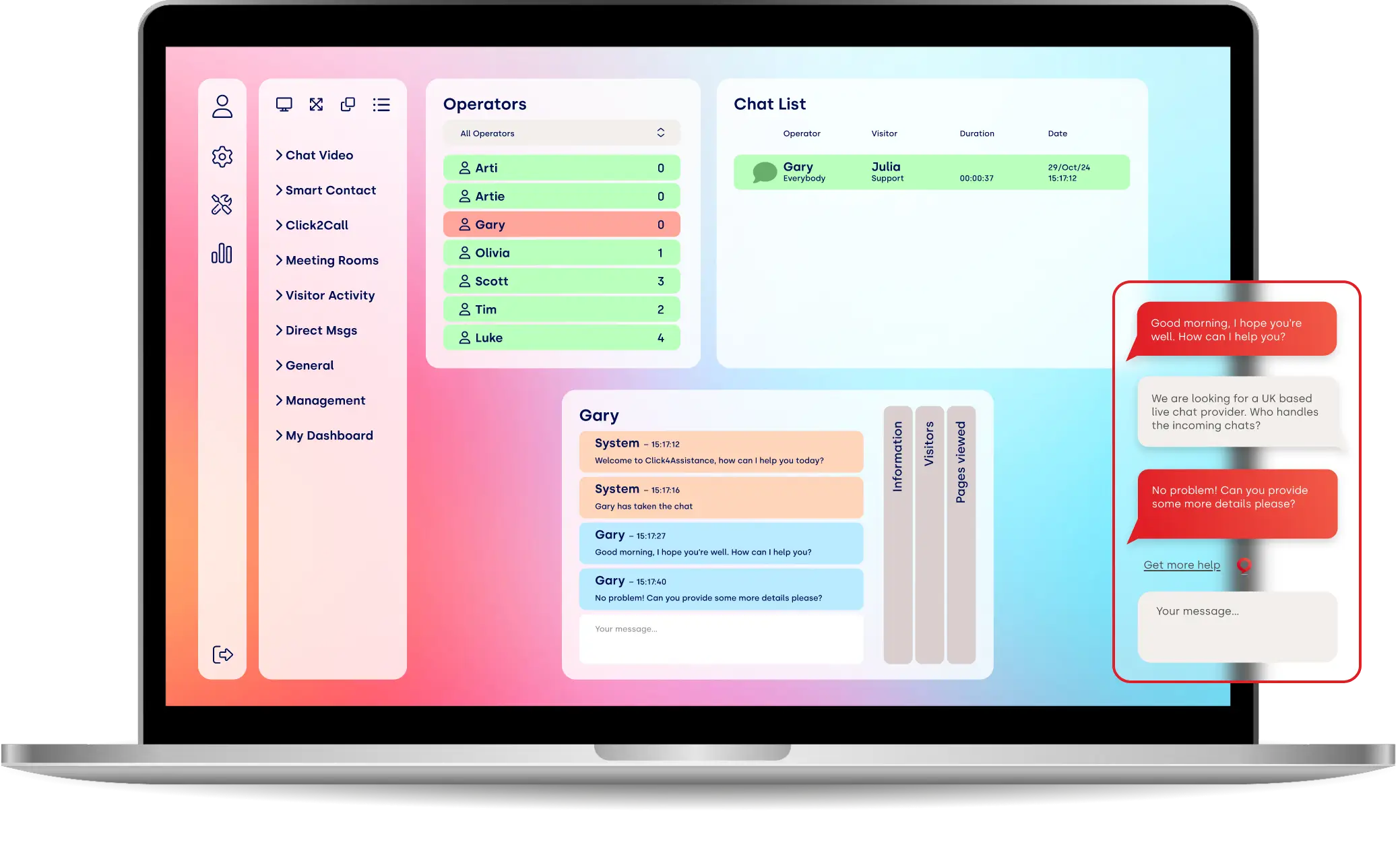AI Agent for Business Website: The Future of Digital Engagement in 2025

In this article, we'll explore what AI agents are, how they function on business websites, key benefits, implementation strategies, real-world use cases, and trends to watch out for in 2025 and beyond.
SEO_LANDING_PAGE





















